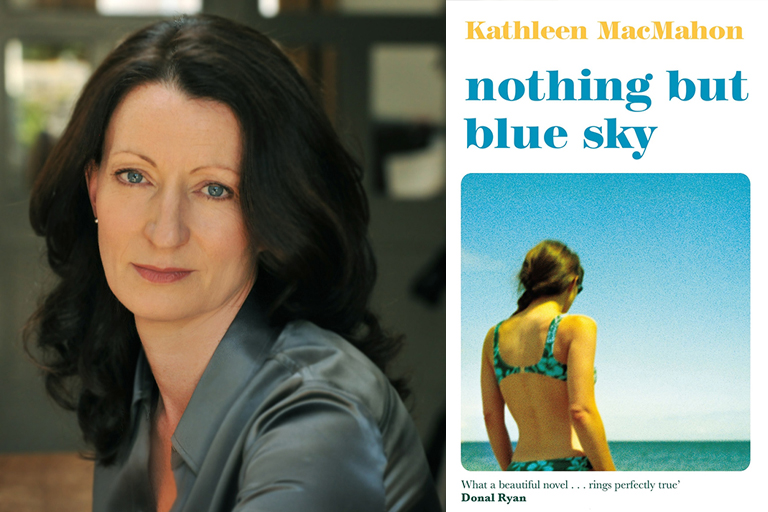From the Women’s Prize Archives.
Our fantastic 2018 chair of judges and Editor of BBC Radio 4’s Today Programme Sarah Sands gave a wonderful speech at this year’s Women’s Prize for Fiction shortlist party. We thought we would reproduce her words here to inspire those who couldn’t be with us on the evening of the announcement.
The question is always raised: Why do we need a prize for female authors?
I don’t know if you listen to the Radio 4 Today programme, but you’ve probably noticed that men are not shy in coming forward.
Sometimes, women’s voices deserve attention.
And having immersed myself in books by women over the year, and discussed them with an all female panel, I have become aware of a collective voice.
Bold, perceptive, profound… and humorous.
In 25 years in newspapers I got used to making tough judgments: there are only so many pieces you can get on a page.
At the Today programme there is a horrible moment when you have to go to the figure waiting to go into the studio and tell them we have run out of time…
But I have never known a culling process as hard as this one. We have had around 191 titles to choose from. We had to lose some of the great names of literature. I am still slightly in shock over that.
Our task, as laid out by Kate, was to find the most potent books for our times. In the end, we chose the books which spoke to us most directly.
Three of our short listed candidates are first time novelists.
All have something profound to say. Each book gives us a strong sense that the authors are writing not because it is their trade or entitlement, but because they must.
Our list spans the whole of human – and actually non human experience. There is a mermaid in our shortlist.
So here, in no particular order, and in summaries that cannot do justice, our shortlist.
ELif Batuman, The Idiot, is a funny, clever book which manages to convey what it is like to be young enough to learn, both about books and life. Elif sets her delightful rite of passage book in what seems an unrecognisable age, when the internet was new.
Imogen Hermes Gowar, The Mermaid and Mrs Hancock, is a first novel which feels like a master novel. It is a rollicking, Hogarthian tale whose central character, the mermaid, is not unveiled until the very end. Imogen is a magnificent story teller.
Jessie Greengrass’s Sight is an exquisitely drawn novel, apparently slight – a mother dies, a woman becomes pregnant – in fact the sum of human experience as seen through psycho analysis.
Meena Kandasamy: When I hit you: Or, a Portrait of the Writer as a Young Wife. It is a tale of domestic abuse within a marriage of educated people, in a culture which respects privacy. The narrator describes with piercing clarity and even wit how she manages the mania of her husband’s jealousy and control. Every woman, every man should read this. Just because the husband is a socialist activist, does not stop him from being a misogynist and a tyrant.
Kamila Shamsie, Home Fire, is – as judges spotted – a modern reworking of Antigone. It also works in its own right as a contemporary tale of a Home Secretary dealing with terrorism and a family split apart by it. This is a story that might have been journalism, except that it is written from the inside and with all the human ambiguity that entails.
Finally Jesmyn Ward, Sing, Unburied, Sing, a sucker punch novel which heightens the black experience in America to an intensity of a poem, or a hymn. It haunts the reader, as it does the characters. The past is always with us. What a writer!
So there it is, the Women’s Prize short list for 2018. May the best women win and thank you again to my comrades in arms, the judges, Anita Anand, Katy Brand, Imogen Stubbs, Catherine Mayer. Thank you to the Women’s Prize team. We hope readers everywhere enjoy these books as much as we have.








